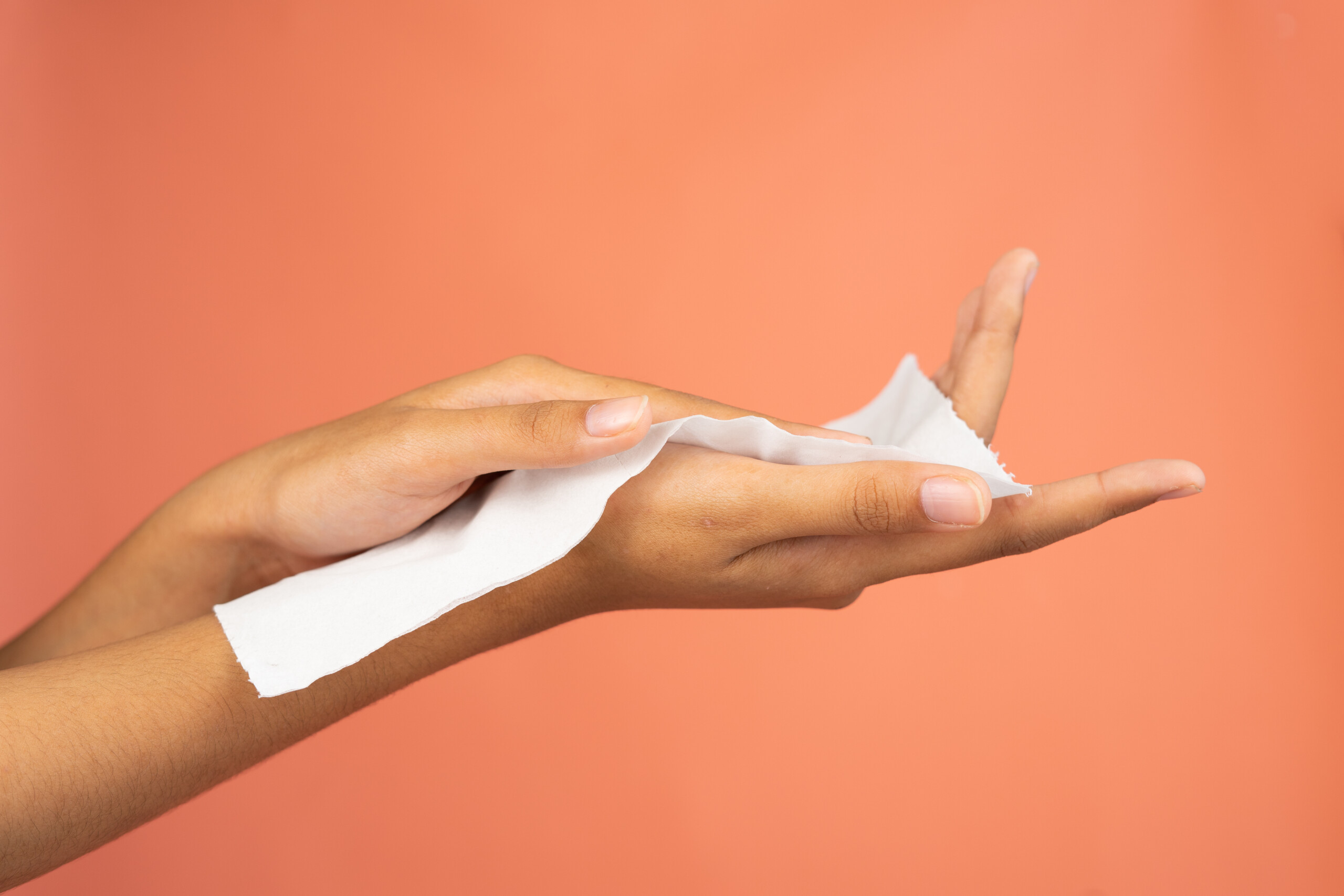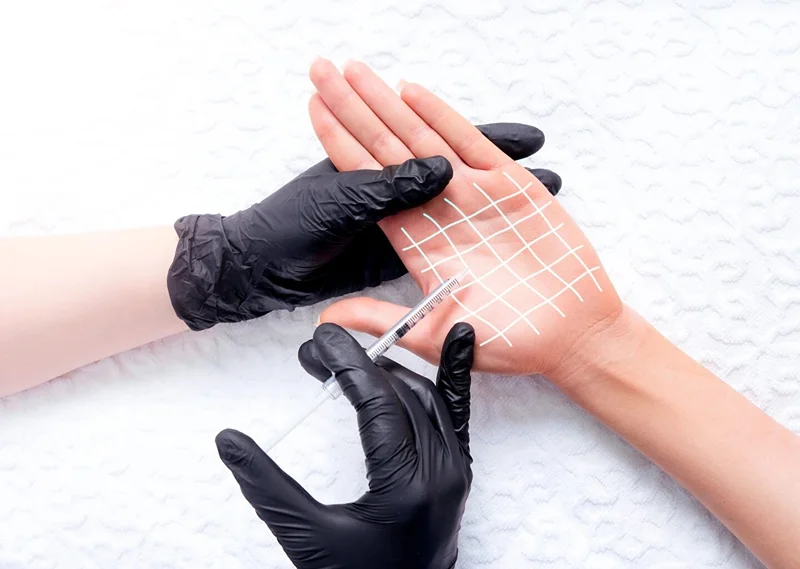Comprehending Excessive Sweating: Dermatology Insights on How to Stop Sweaty Hands
Comprehending Excessive Sweating: Dermatology Insights on How to Stop Sweaty Hands
Blog Article
Recognizing the Source of Excessive Sweating and Its Effect On Daily Life
Extreme sweating, additionally called hyperhidrosis, is a condition that influences a significant portion of the populace, yet its hidden reasons and implications on day-to-day functioning stay rather enigmatic. While it is generally understood as a physiological action to manage body temperature level, the triggers for too much sweating can vary widely among people, including not just physical factors but emotional and also emotional elements. The impact of this problem expands past plain pain, commonly affecting social interactions and overall quality of life. By delving right into the source of hyperhidrosis and discovering its diverse impacts, a deeper understanding of this pervasive concern can be obtained, losing light on the intricacies that individuals grappling with excessive sweating browse every day.
Physiology of Sweat Glands
The regulation of sweat manufacturing, an important physical procedure, is primarily regulated by the activity of gland distributed throughout the human body. Gland are categorized right into two primary types: eccrine and apocrine glands. Eccrine glands are one of the most numerous and are located in mostly all locations of the body. They play an important duty in thermoregulation by secreting a watery liquid onto the skin's surface area, which helps and vaporizes cool down the body down. In contrast, apocrine glands are focused in locations rich in hair roots, such as the armpits and groin, and their secretions are thicker and milky in look.
When the body temperature climbs, either as a result of physical activity, high temperature levels, or psychological tension, the nerves triggers the sweat glands to generate sweat. This sweat is made up primarily of water and electrolytes like sodium and chloride. The procedure of sweat manufacturing is important for preserving the body's inner temperature level within a narrow, optimal variety, highlighting the important duty gland play in human physiology.
Triggers for Excessive Sweating
In understanding the origin triggers of excessive sweating, it is critical to recognize the triggers that can lead to this physiological feedback. Physical effort, high temperatures, and spicy foods are additionally understood to trigger too much sweating in individuals vulnerable to this condition.
Furthermore, medicines such as some antidepressants, opioids, and certain supplements can additionally serve as triggers for hyperhidrosis. Recognizing these triggers is necessary in managing too much sweating efficiently - How to stop sweaty hands. By recognizing and attending to the details triggers that trigger too much sweating in an individual, medical care suppliers can develop individualized therapy plans to ease this problem and improve the person's lifestyle
Medical Conditions Associated
Connected with excessive sweating are different clinical problems that can exacerbate this physiological feedback. One common condition is hyperhidrosis, a condition identified by abnormally enhanced sweating that goes beyond the body's thermoregulatory demands. This can manifest in focal areas like the hands, soles, underarms, or face, influencing an individual's lifestyle because of social humiliation and pain.
Furthermore, endocrine problems such as hyperthyroidism, diabetes mellitus, and menopausal hot flashes can also lead to too much sweating. Hyperthyroidism creates an overflow of thyroid hormones, speeding up metabolic rate and causing sweating.
Additionally, infections like consumption, endocarditis, and hiv have been related to night sweats, a common signs and symptom understood to interfere with rest and affect general health. These medical problems highlight the diverse array of underlying aspects that can contribute to too much sweating, requiring comprehensive analysis and administration by healthcare experts.
Psychological and emotional Variables

Effect On Social Communications
Too much sweating can have profound results on an individual's capability to involve conveniently in social communications. The visible indications of sweat discolorations or wet spots on clothing can result in shame and self-consciousness, causing individuals to take out from social situations. This withdrawal can affect connections, limit social tasks, and prevent specialist and individual development.

In addition, the anxiety and self-esteem issues coming from extreme sweating can impact interaction and social abilities. People might battle to concentrate on discussions, join group tasks, or express themselves confidently. This can lead to feelings of isolation and loneliness, as social links come to be testing to keep.
Verdict

While it is commonly understood as a physical action to control body temperature, the triggers for too much sweating can differ commonly among people, including not only physical factors yet emotional and likewise emotional components. By diving into the origin triggers of hyperhidrosis and exploring its complex impacts, a deeper understanding of this prevalent issue can be gained, dropping light on the complexities that people grappling with extreme sweating click navigate on an everyday basis.
Physical exertion, high temperature levels, and spicy foods are likewise known to activate excessive sweating in people prone to this problem. By determining and addressing the certain triggers that prompt too much sweating in an individual, medical care suppliers can develop individualized treatment strategies to alleviate this problem and boost the individual's top quality of life.
Excessive sweating can have extensive effects on a person's capacity to engage pleasantly in social interactions.
Report this page